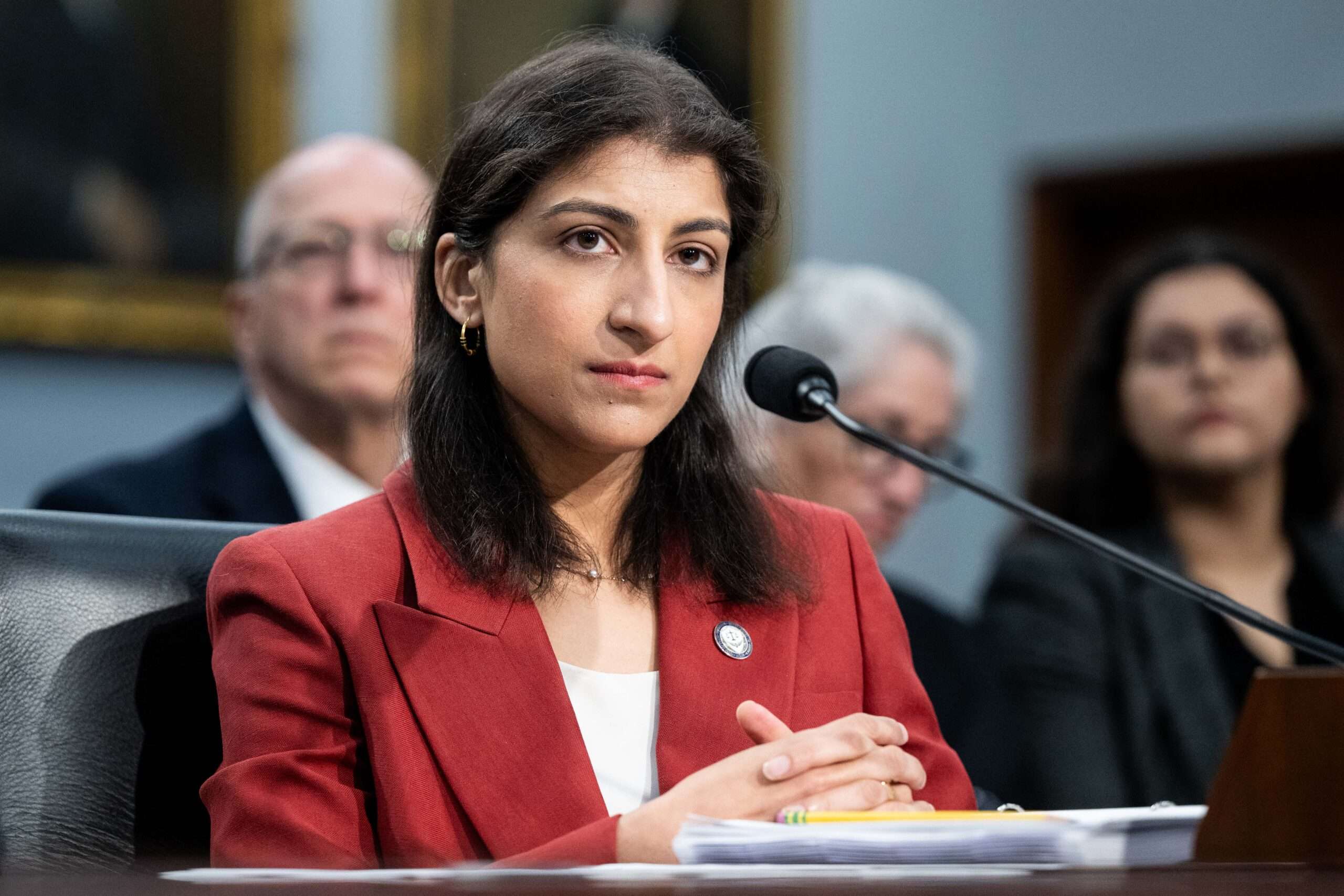As Kamala Harris exits the presidency, Lina Khan’s controversial reign as the chair of the Federal Trade Commission (FTC) appointed by President Joe Biden is likely coming to an end. With Republicans set to take over the White House, it seems we will soon bid farewell—and good riddance—to Khan’s aggressive approach at the agency.
Under Khan’s leadership, the FTC has taken a tough stance against mergers and acquisitions, as well as big tech companies, straying from the traditional purpose and authority of the agency. Khan’s approach has raised concerns about the agency overstepping its jurisdiction and pursuing enforcement actions based on novel theories.
Prior to her appointment as FTC Chair, Khan was associated with a school of thought known as neo-Brandeisians, which focused on promoting competition rather than protecting consumer welfare. This approach led to a fear of successful businesses and questionable interpretations of antitrust law.
Despite Khan’s efforts to reshape regulations to align with her views, her tenure has been marked by enforcement failures and legal challenges. The possibility of a shift in power away from Khan and her supporters is seen as a positive development for free markets and consumer welfare.
While the future FTC picks under a Trump administration may bring their own challenges, the departure of Khan is seen as a step in the right direction for those concerned about the agency’s direction. The upcoming changes in leadership present an opportunity to reassess the FTC’s role and priorities.
As we await the transition in leadership, it is important to acknowledge the potential impact of these changes on the future of antitrust enforcement and consumer protection. The end of Khan’s tenure signals a shift in the approach to regulation and enforcement at the FTC.





